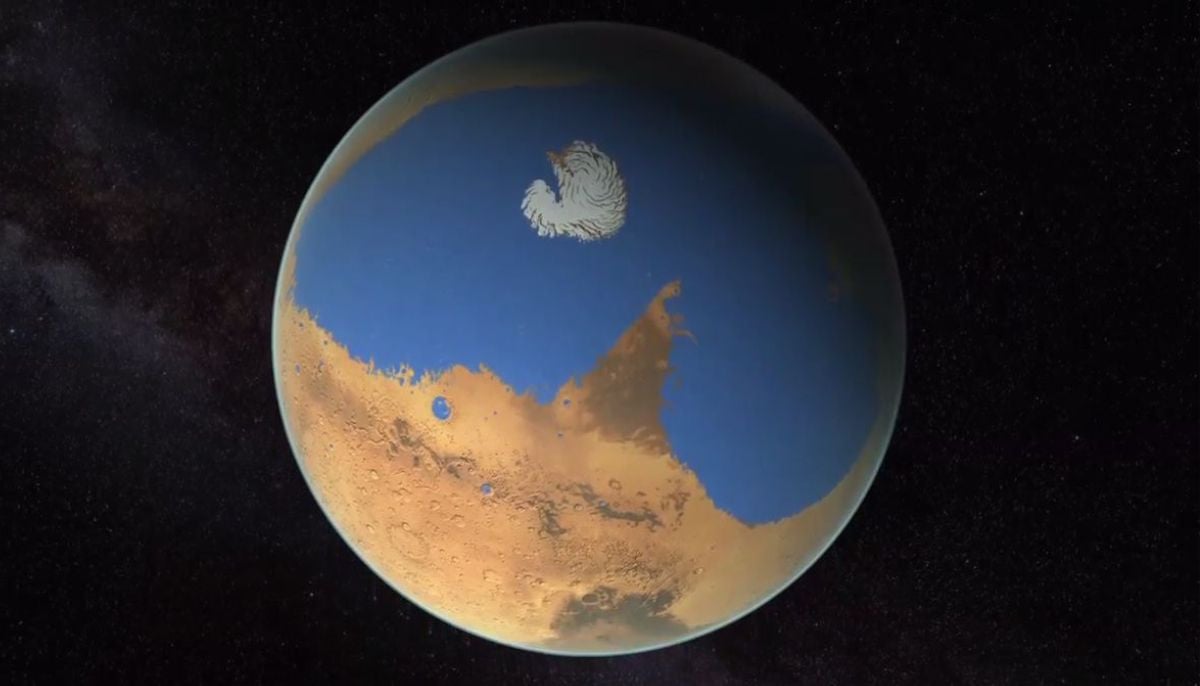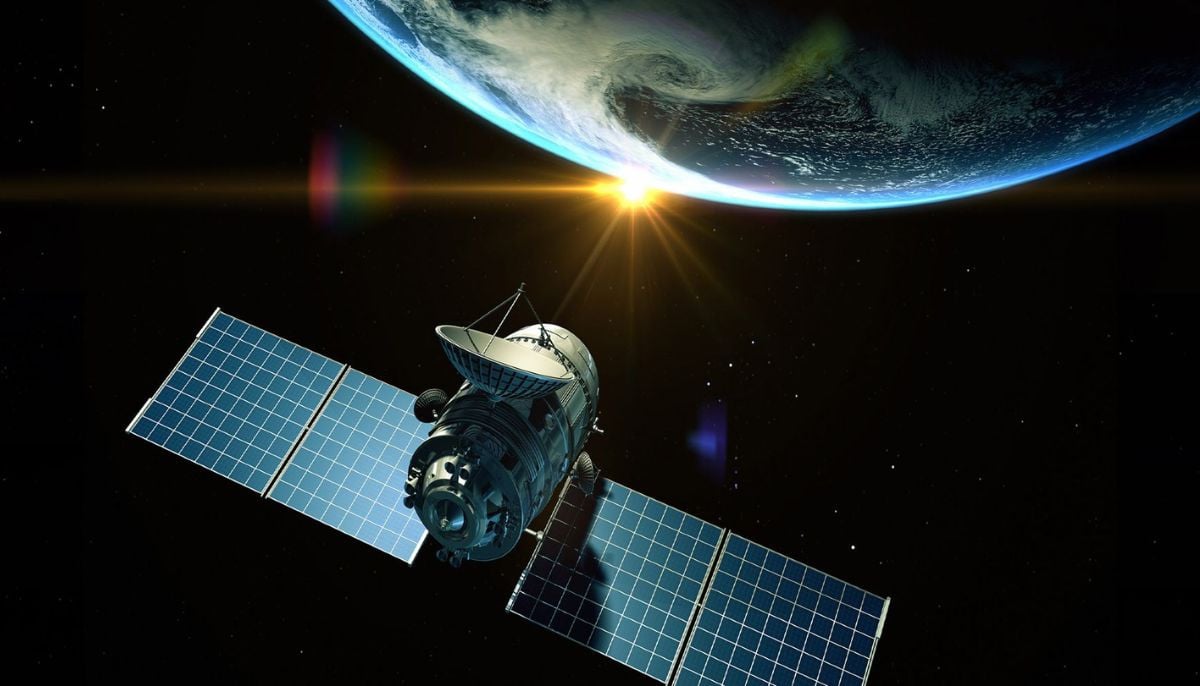BEIJING: A new biometric identification technology developed by Chinese scientists allows the identification of people by the way they walk, without the need to look at their faces.
The gait recognition system includes a camera that is functional within a distance of 50 meters from its target and capable of identifying a specific person just by analyzing how they carry themselves, according to researchers from the Automation Institute of the Chinese Academy of Sciences (CAS).
The technology presents multiple advantages.
Huang Yongzhen, an associate researcher from CAS, said technology using iris recognition needs its target to be no further than 30 cm from the lens, while face recognition technology can work at a distance of up to five meters. But the newly-developed system can operate within a much longer range, and at faster speeds.
Detection time is reduced to less than 200 milliseconds, faster than the time it takes an eye to blink (between 300 to 400 milliseconds).
The new technology can also identify a person without their active cooperation. Even if they walk past the surveillance camera hiding their face, gait recognition algorithm can still unveil their identity.
Gait recognition can also estimate the density of large populations, as it incorporates real-time people counting technology. It is able to detect up to 1,000 people within an area of 1,000 square meters. The technique could be widely used in the fields of security and public transport, among others.
China is currently at the forefront of gait recognition technology worldwide, CAS has said.
-
Sun appears spotless for first time in four years, scientists report
-
SpaceX launches another batch of satellites from Cape Canaveral during late-night mission on Saturday
-
NASA targets March 6 for launch of crewed mission around moon following successful rocket fueling test
-
Greenland ice sheet acts like ‘churning molten rock,’ scientists find
-
Space-based solar power could push the world beyond net zero: Here’s how
-
Hidden ‘dark galaxy' traced by ancient star clusters could rewrite the cosmic galaxy count
-
Astronauts face life threatening risk on Boeing Starliner, NASA says
-
Giant tortoise reintroduced to island after almost 200 years











